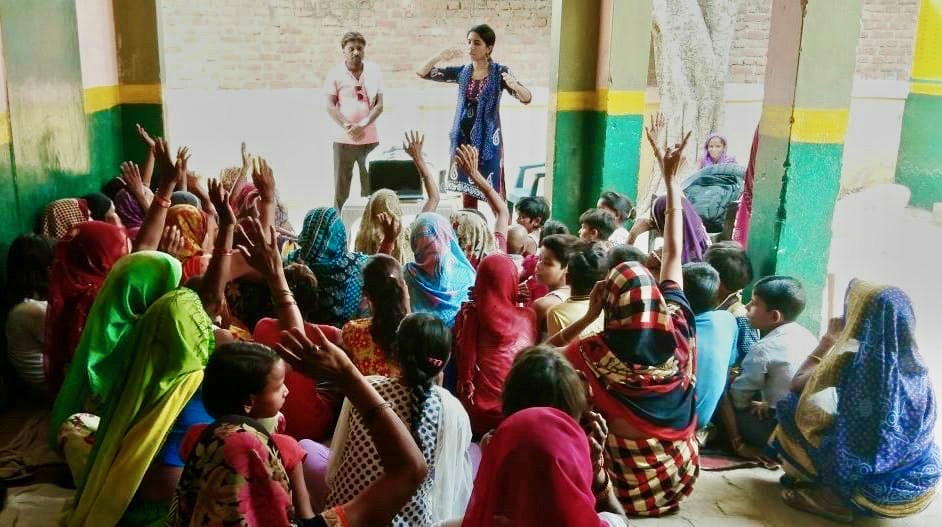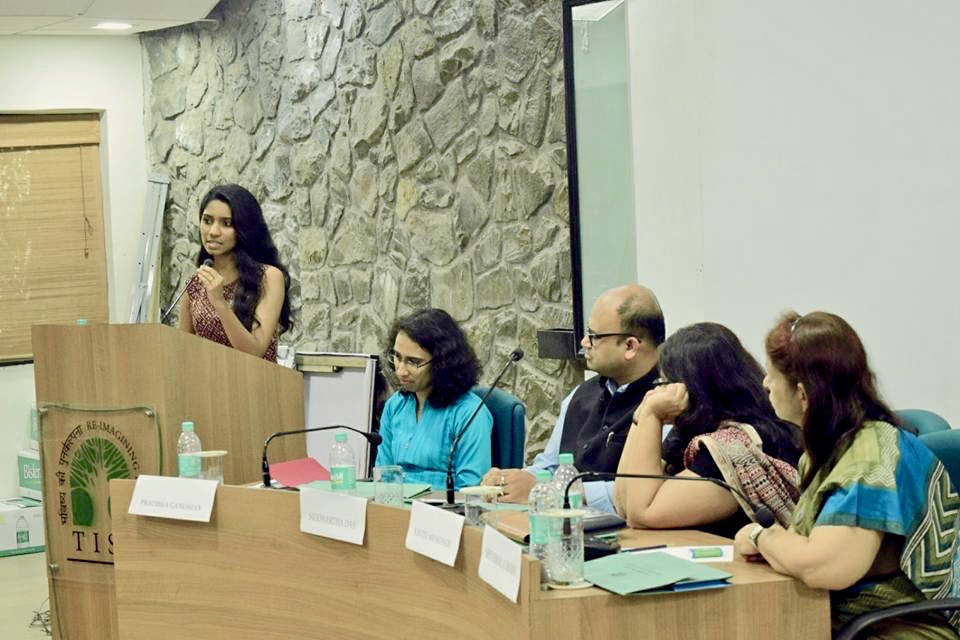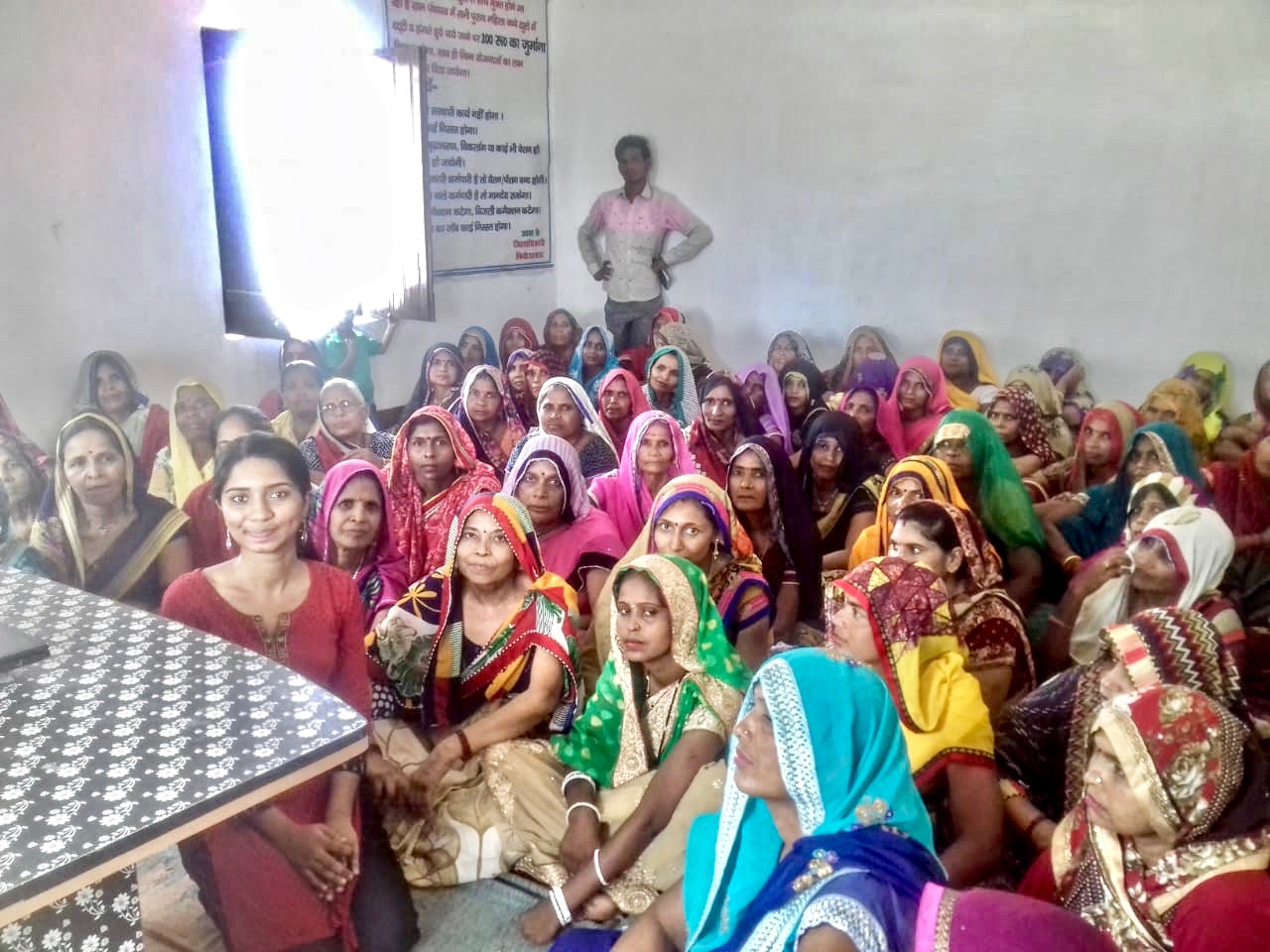Neha Pawar
district swachh bharat Motivator (Zilla Swachh Bharat Prerak), Swachh Bharat Mission
Throughout her schooling, Neha Pawar knew she wanted to pursue a career that would help contribute to the betterment of society. After achieving a Bachelor’s of Science in Biotechnology, Neha walked away from biotech career aspirations to live out her dream in the water sector, earning a Master’s in Water Policy and Governance and finally getting down to business working in the Water, Sanitation, and Hygiene (WaSH) sector in her home country of India.
Her education and master’s dissertation brought Neha all across India and helped her understand the importance of holistic approaches to water issues, including scientific understanding of water resources, the ability to engage with people and communities, education, gender equity, health, and regulation. This helped her choose her dissertation topic which engaged with India’s Swachh Bharat Mission (roughly translated as ‘Clean India Mission’) which pays keen attention to the role of health & sanitation in cleaning-up the country. Neha notes, “[Many] sanitation government programs have managed to capture and hold the attention of the national and state governments… but most programs have come and gone with very little impact or change on ground in terms of their long-lasting effect... While the recognition of the huge potential of sanitation for improving health and well-being are helping the process of sustainable sanitation for all, achieving this goal is going to need significant and rapid change within the sector.” Luckily, Neha now works for the Indian government’s Ministry of Drinking Water and Sanitation and Tata Trusts using her education, skills, and vision to help support the Swachh Bharat Mission and bring this change to the WaSH sector in India. She reflects, “For it to succeed anywhere (urban or rural), we need to see sanitation in its totality: through its linkages in our daily lives, with the surrounding environment, with water, and our survival.”
“Working with and for water consumes a large percentage of women’s time and poor access to water, sanitation, and hygiene compromises their health, mobility, and freedom.”
Neha is also passionate about the importance of gender issues in the water space in India including time, access to jobs, and health. She elaborates, “Working with and for water consumes a large percentage of women’s time and poor access to water, sanitation, and hygiene compromises their health, mobility, and freedom. In most developing countries, the collection and storage of water is defined as a woman's job. In spite of all these factors, women's participation in the professional water sector has been noted to be minimal. Given women's key roles in domestic water work, they should also be able to play key roles at managerial and professional levels in the water sector.” Neha is an inspiring example helping make a more equitable and sustainable water future by paving the way for other women to be involved, listened to, recognized, and respected in the water space in India.






